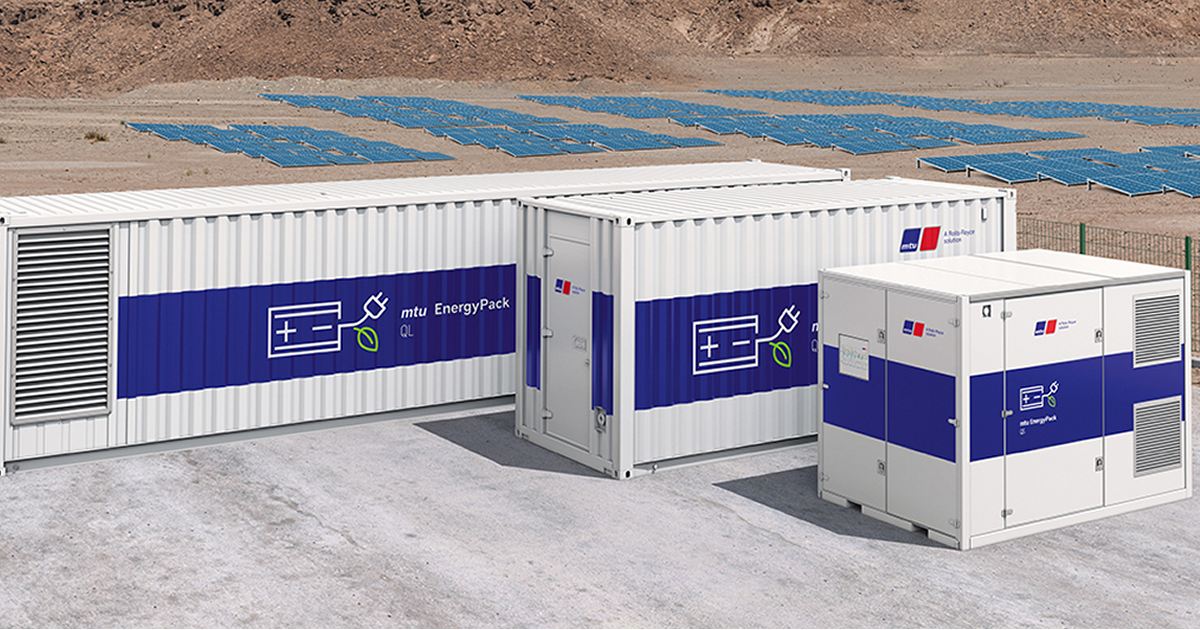
The Desert Knowledge Australia Solar Centre in Alice Springs is getting the Rolls-Royce of large-scale batteries – quite literally.
The DKA Solar Centre (DKASC) is part of the Desert Knowledge Precinct, situated off the Stuart Highway between Alice Springs’ town centre and its airport. They do some very cool stuff at DKASC, which can also be a very hot place. The Centre is a huge solar panel testing, demonstration and research site.
As well as the heat during summer, it can get pretty chilly in Alice Springs at night during winter; with temperatures dropping below 0°C at times. If solar panels can survive and thrive there, it’s a good indicator they are unlikely to have problems elsewhere in Australia in terms of temperature extremes.
There are dozens of arrays of solar panels from various manufacturers installed at the site, including modules from Tindo, Winaico, REC, Canadian Solar and Trina. Electricity generated by the various systems help power the Precinct’s operations. The oldest panels at the site were installed back in 2008.
You can check out all the solar arrays and how they are performing here.
Rolls-Royce Power Systems BESS Trial
The battery energy storage system (BESS) to be installed at the Centre will be supplied via Penske Australia by Rolls-Royce Power Systems’ mtu arm. A 300kW/358kWh system, it will facilitate the transformation of the Desert Knowledge Precinct into a local microgrid.
In addition to storing energy and releasing it back into the network as required – and supporting key operations across the Desert Knowledge Precinct when the Precinct is disconnected from the grid – the BESS will also provide grid support functions.
It wasn’t mentioned in the announcement, but it appears the battery could be the mtu EnergyPack QS (the smallest unit in the image above), designed for capacity requirements of up 550 kWh. There’s a lot happening in that small space1. In the container are the Li-ion cells, an electronic control unit, transformers and cooling equipment – and the latter will certainly get a good workout during the summer months.
The battery acquisition is part of the Alice Springs Future Grid project. It’s an initiative looking to dismantle barriers to further renewable energy penetration in the Alice Springs power system; with view to the town reaching 50 per cent renewables by 2030.
“We have been demonstrating solar technology from all over the world since 2008 at this site,” said Future Grid Project Director Lyndon Frearson. “Now we get to explore the possibilities offered by complementing that existing technology with battery capability.”
Future Grid has been funded by the Federal Department of Industry, Science, Energy and Resources through the Regional and Remote Communities Reliability Fund – Microgrid Program, and has also scored cash from the Australian Renewable Energy Agency (ARENA).
The Future Grid project is governed by a consortium consisting of DKA/DKRI, Ekistica, Power and Water Corporation and Territory Generation; with the commercial microgrid trial to be delivered by Ekistica.
In other recent news from the project, Newcastle-headquartered SwitchDin has been chosen to deliver the technology linking solar and battery systems across Alice Springs to create the Solar Connect Virtual Power Plant (VPP).
You can learn more about the Alice Springs Future Grid Project here.
Footnotes
- The mtu EnergyPack QS is 2.4m high, 3.3m long and 2.2m wide. It can weigh up to 8.9 tonnes, depending on capacity. The battery cells are based on NMC (Nickel, Manganese and Cobalt) chemistry. ↩

 RSS - Posts
RSS - Posts



This is all a fanciful joke. A 1GW power station generates 20,000 MWh of power daily on average 365 days a year. How many batteries will it take to do the same.????
A minimum of one gigawatt-hour. Let’s say 1.4 gigawatts to be on the safe side. But the answer depends on how you are charging this battery.